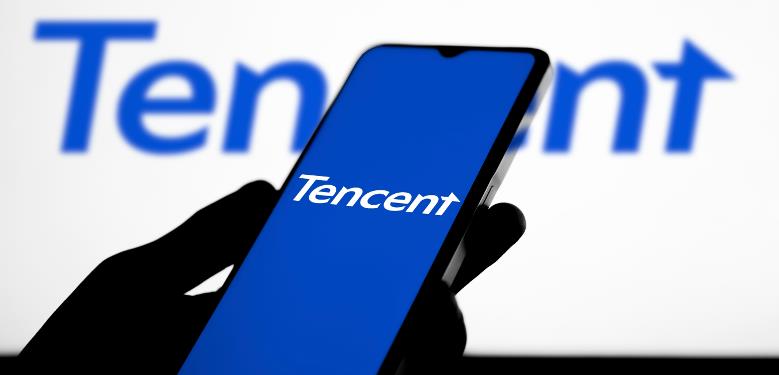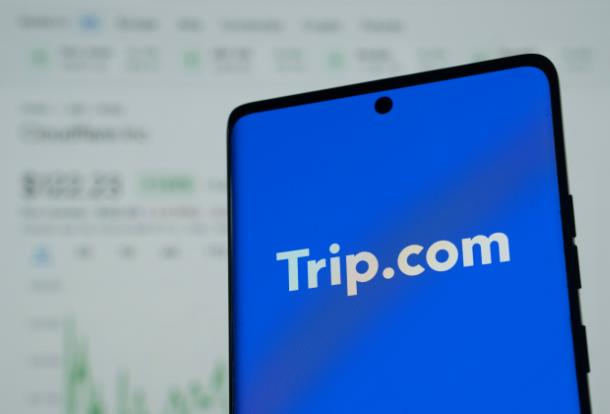
The cultural and tourism industry is undergoing profound transformation. Consumer demand is becoming more diverse and personalized, and among all possible responses, artificial intelligence stands out as the most transformative variables. Harnessing the benefits of technology to build more competitive business models has become a core challenge for every practitioner.
On September 10, at the 2025 TravelDaily Conference, Fang Tengfei, Vice President of Tencent Cloud and Head of Tencent Smart Tourism, shared his insights and perspectives.
The industry is rapidly entering the era of digital intelligence. The first stage of this development is informatization, which centers on connecting and linking information to address issues of communication, collaboration, and coordination.
At the digitalization stage, data governance and application become the core. The quality and efficiency of connections—between people, between people and things, and between things themselves—define the level of digitalization.
In the intelligence stage, the focus shifts to the evolution and upgrading of organizational and individual capabilities. Intelligence empowers entities with new abilities. For example, language barriers in cross-border communication, once a major obstacle, can now be overcome with wearable devices such as smart earphones or glasses.
So, what will AI + cultural tourism bring?
In marketing, it will usher in a new era that is more detail-oriented, adaptive, and differentiated. AI enables us to obtain all necessary information at lower cost and higher efficiency. The future will trend toward disintermediation and direct sales, creating new forms of interaction, traffic gateways, competitive dynamics, and service models.
To support this leap —from marketing to governance—a robust technological foundation is essential. Tencent has established a comprehensive AI ecosystem. Its TI platform on Tencent Cloud serves enterprises with large-model fine-tuning and training needs. For tourism companies, the intelligent agent development platform is particularly useful: it allows even ordinary employees to create agents that can handle repetitive and standardized SOP tasks.
In addition, Tencent’s self-developed Hunyuan large model has demonstrated leading performance across multiple scenarios and recently received industry recognition. It provides a powerful foundation for the deeper application of AI in the cultural tourism industry.




